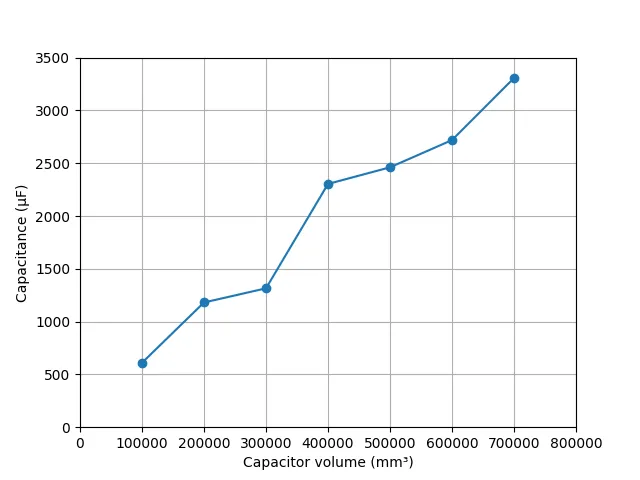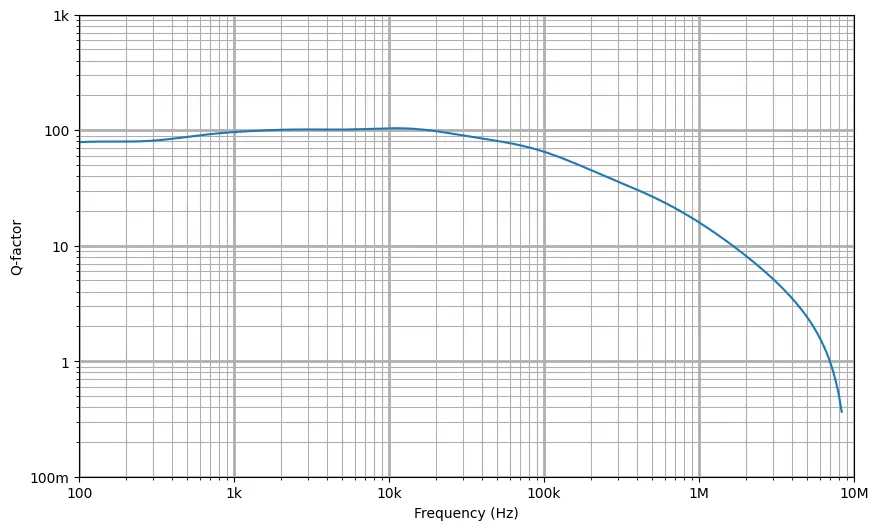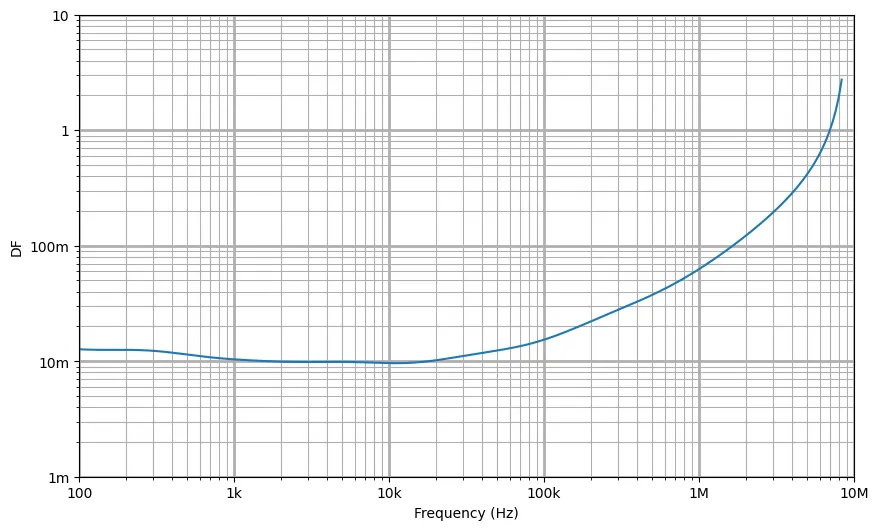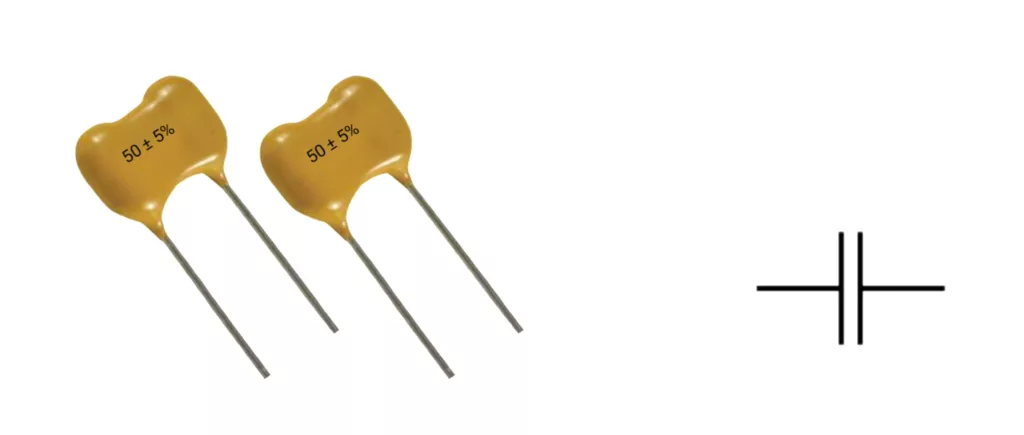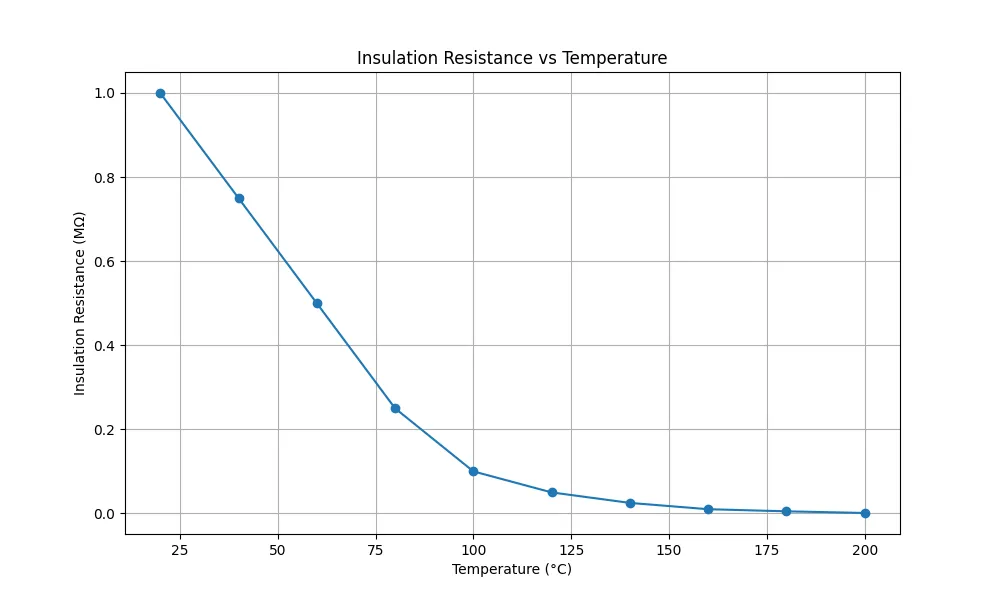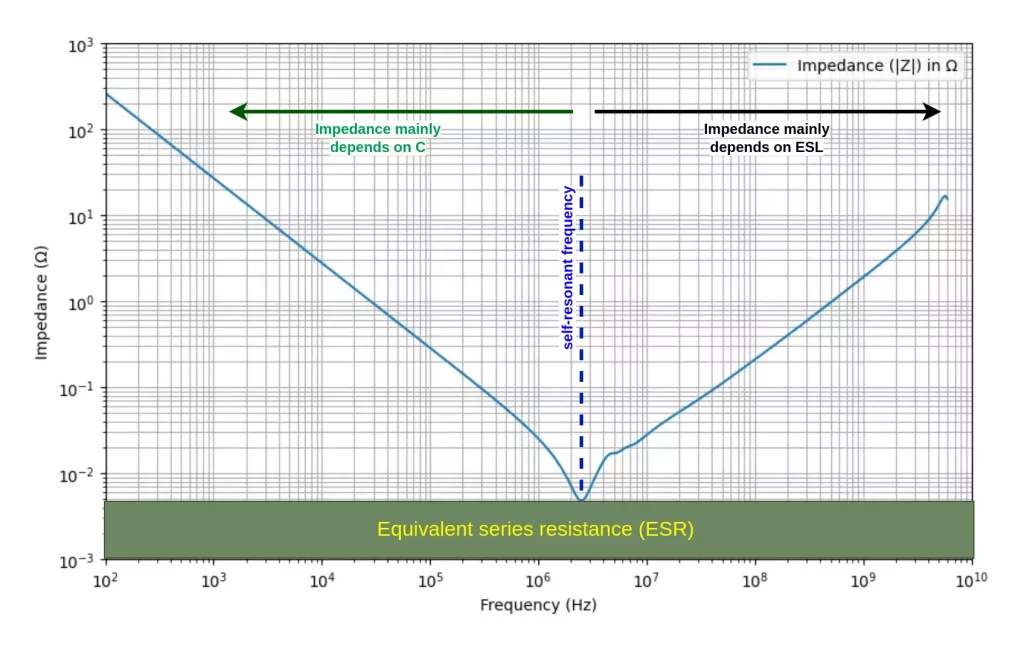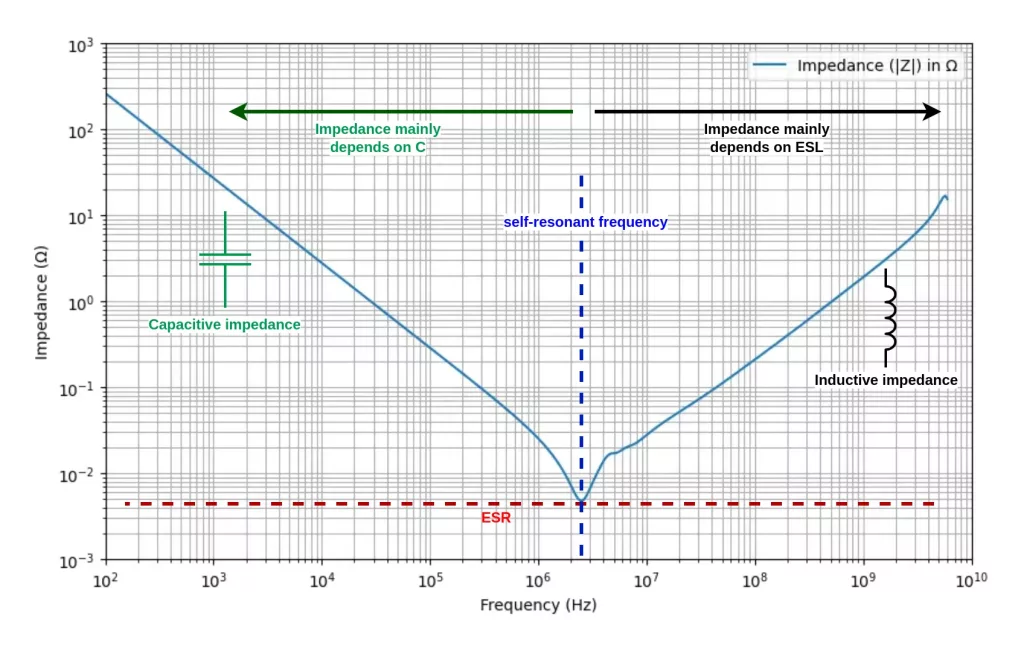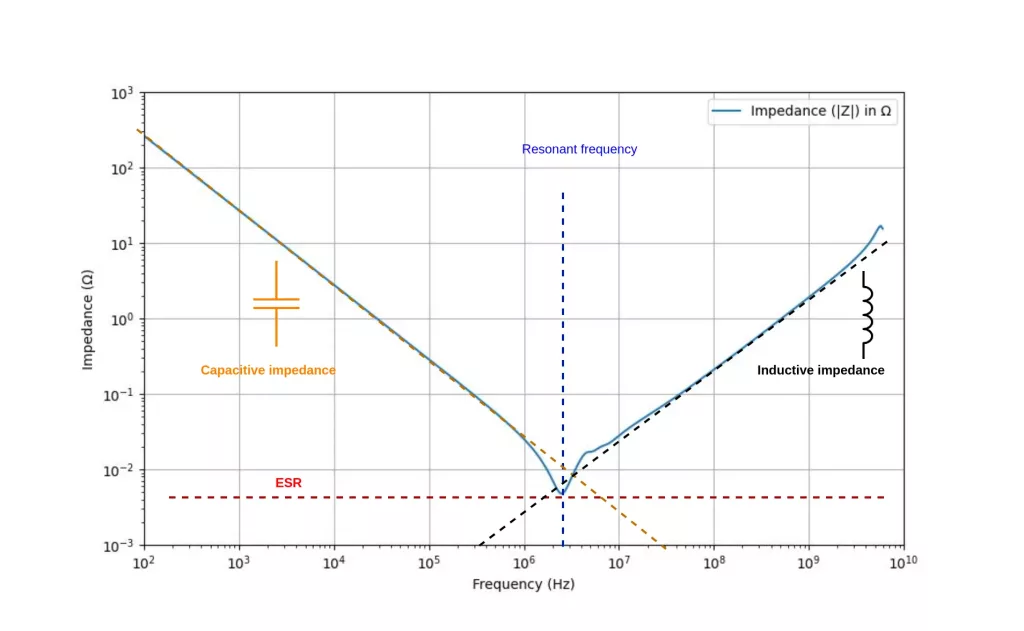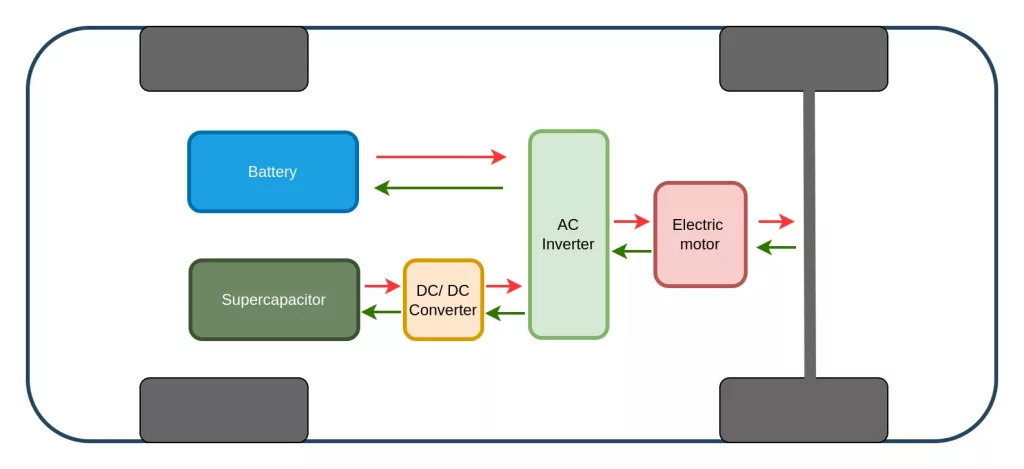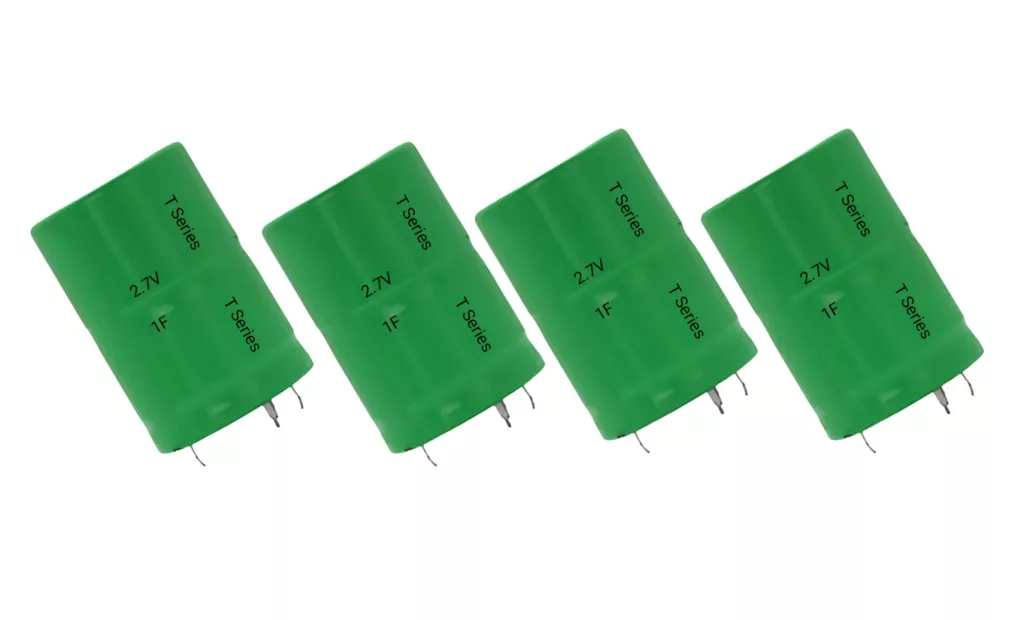Volumetric Efficiency of a Capacitor
Volumetric Efficiency of a Capacitor The volumetric efficiency of a capacitor is vital for its performance in circuits. This parameter is crucial in the design of portable systems or densely populated circuit boards, where achieving high capacitance in compact dimensions is essential. In this article, we explore what volumetric efficiency means for capacitors, factors influencing …

